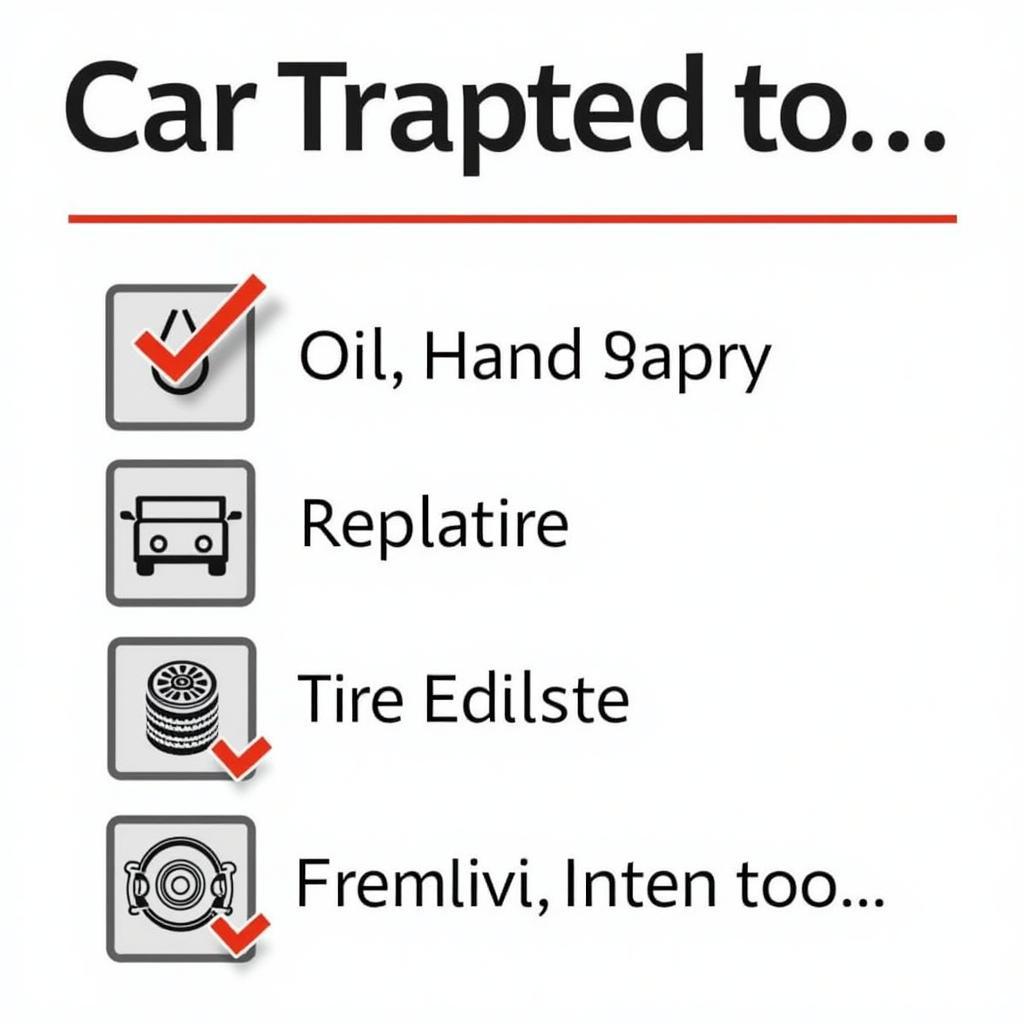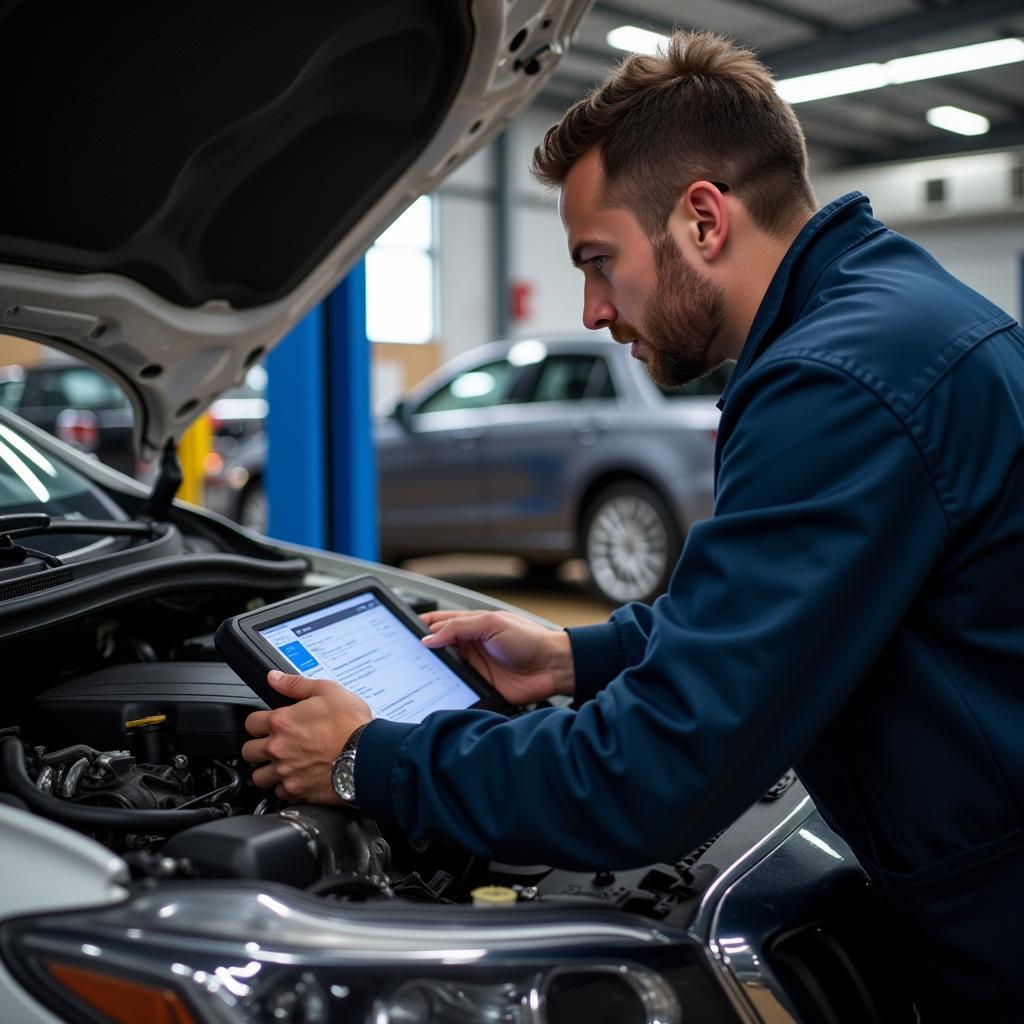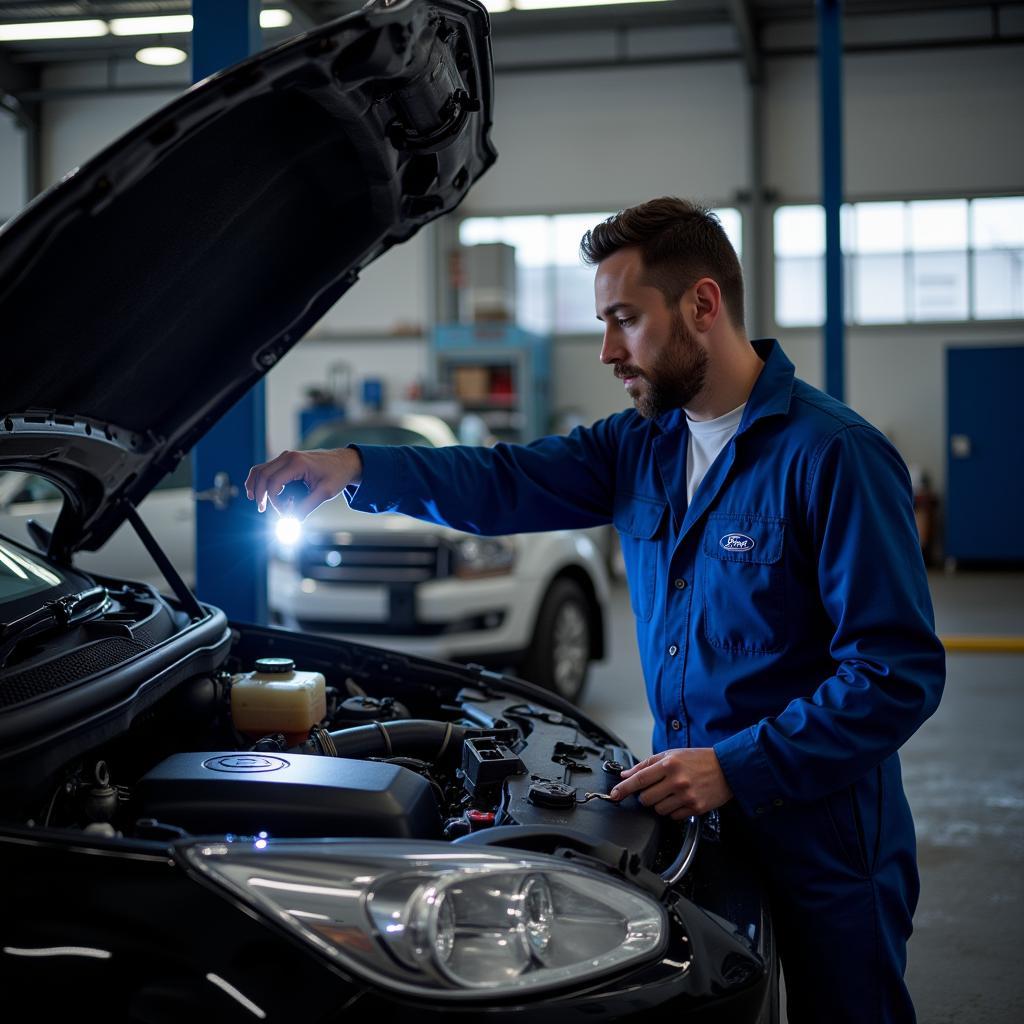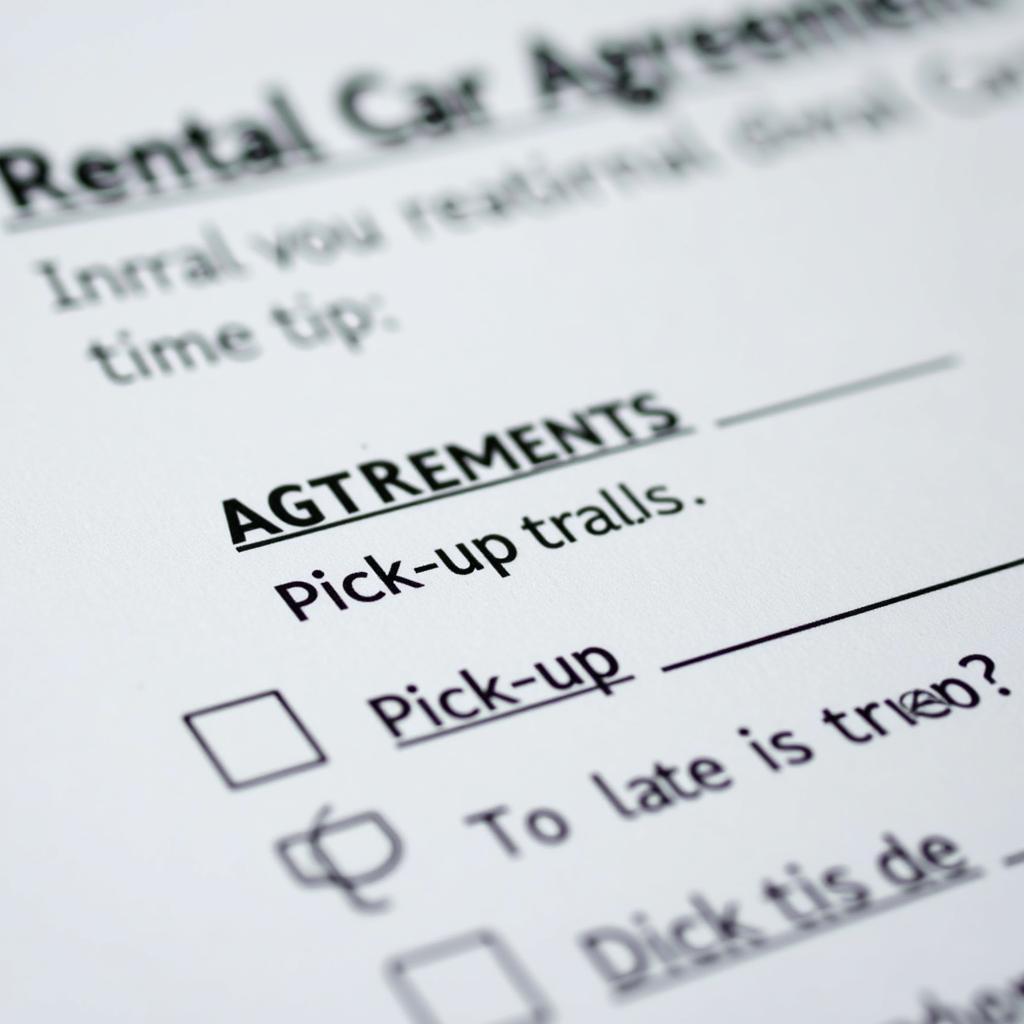Car Service & Maintenance: Keeping Your Vehicle Running Smoothly
Car service and maintenance are essential for ensuring your vehicle’s safety, reliability, and longevity. Regular upkeep not only prevents costly repairs down the line but also contributes to a smoother, more enjoyable driving experience. From routine oil changes to complex engine diagnostics, understanding the importance of car service and recognizing when your vehicle needs attention can save you time, money, and potential headaches.
Why is Regular Car Service Important?
Imagine this: you’re driving down the highway, late for an important meeting, when suddenly your engine starts sputtering, warning lights flash on your dashboard, and your car comes to a grinding halt. This scenario, unfortunately, is a common occurrence for car owners who neglect regular service and maintenance.
Consistent car care, on the other hand, offers a multitude of benefits:
- Safety: Regular inspections can identify potential issues with brakes, tires, lights, and other critical components, ensuring your safety and that of your passengers.
- Reliability: A well-maintained car is less likely to break down unexpectedly, giving you peace of mind on the road.
- Longevity: Routine service helps prevent premature wear and tear on your vehicle’s components, extending its lifespan and maximizing its resale value.
- Fuel Efficiency: A properly tuned engine, clean air filters, and properly inflated tires can improve your car’s fuel efficiency, saving you money at the pump.
- Environmentally Friendly: Regular maintenance reduces emissions, contributing to a cleaner environment.
 Regular Car Service Checklist
Regular Car Service Checklist
Understanding Car Service Intervals
Most car manufacturers provide recommended service intervals in their owner’s manuals. These intervals are typically based on mileage or time, whichever comes first. While these guidelines offer a good starting point, it’s important to adjust them based on your driving habits and environmental conditions.
For instance, if you frequently drive in stop-and-go traffic, tow heavy loads, or live in extreme weather conditions, your car will require more frequent servicing than someone who primarily drives on highways in moderate climates.
Here’s a general overview of common car service milestones:
Every 3,000 Miles or 3 Months
- Oil and Filter Change: Essential for lubricating engine components and preventing excessive wear.
- Tire Pressure Check and Rotation: Ensures even tire wear and optimal fuel efficiency.
Every 6,000 Miles or 6 Months
- Air Filter Replacement: A clean air filter ensures optimal airflow to the engine, improving performance and fuel economy.
- Fluid Level Check: Includes brake fluid, coolant, power steering fluid, and windshield washer fluid.
Every 12,000 Miles or 12 Months
- Spark Plug Replacement: Worn spark plugs can cause engine misfires and reduce fuel efficiency.
- Brake Inspection: Pads, rotors, and calipers are inspected for wear and tear.
 Car Service by Mileage
Car Service by Mileage
Beyond Routine Maintenance: Recognizing Warning Signs
While adhering to a regular service schedule is crucial, it’s equally important to be aware of your vehicle’s behavior and recognize any unusual noises, smells, or performance issues.
“Ignoring warning signs is like ignoring a toothache,” says automotive expert Sarah Jones, lead mechanic at ABC Auto Repair. “It might seem minor at first, but delaying action can lead to more serious and expensive problems down the line.”
Here are some common warning signs that your car might need immediate attention:
- Dashboard Warning Lights: Pay attention to any illuminated warning lights on your dashboard, such as the check engine light, brake warning light, or battery light.
- Unusual Noises: Squealing brakes, grinding gears, knocking sounds from the engine, or clunking noises from the suspension could indicate serious problems.
- Fluid Leaks: Puddles of fluid under your car could indicate leaks in the oil pan, transmission, coolant system, or brake lines.
- Burning Smells: A burning oil smell could mean an oil leak, while a sweet, syrupy odor could indicate a coolant leak.
- Changes in Performance: Noticeable decreases in acceleration, fuel efficiency, or braking performance should not be ignored.
Embracing Technology in Car Service
The automotive industry is rapidly evolving, with technology playing an increasingly significant role in car service and maintenance. From advanced diagnostic tools to online booking platforms, technology is streamlining the car care experience for both mechanics and car owners.
Diagnostic Software: Modern vehicles are equipped with sophisticated onboard computers that monitor various systems and store diagnostic trouble codes (DTCs). Mechanics use specialized software and scanners to read these codes, pinpoint issues quickly and accurately, and avoid unnecessary guesswork.
Online Repair Manuals and Resources: Gone are the days of bulky paper manuals. Online platforms now provide comprehensive repair information, wiring diagrams, and technical specifications for a wide range of vehicles, empowering DIY enthusiasts and professional mechanics alike.
Remote Diagnostics and Proactive Maintenance: Some car manufacturers offer remote diagnostics services that can identify potential issues before they become major problems. These systems use telematics to transmit data from the vehicle to the manufacturer, allowing for proactive maintenance and minimizing downtime.
car & motorbike online repair service
Choosing the Right Car Service Provider
When it comes to entrusting your vehicle to a mechanic, it’s crucial to choose a reputable and trustworthy service provider. Consider the following factors:
Certifications and Experience: Look for mechanics certified by the National Institute for Automotive Service Excellence (ASE) or other reputable organizations. Experience working on your specific make and model is also essential.
Reputation and Reviews: Check online reviews and ask for recommendations from friends, family, or local automotive groups to gauge the reputation of different service providers.
Transparency and Communication: Choose a mechanic who clearly explains the work that needs to be done, provides detailed estimates, and communicates openly throughout the repair process.
Warranty and Guarantees: Reputable mechanics stand behind their work by offering warranties on parts and labor.
 Car Service Technician Using Diagnostic Tool
Car Service Technician Using Diagnostic Tool
Conclusion
Car service and maintenance are not just about fixing problems; they’re about preventing them. By understanding your vehicle’s needs, recognizing warning signs, and partnering with a trusted mechanic, you can enjoy years of safe, reliable, and enjoyable driving. Remember, a little preventative care goes a long way in keeping your car running smoothly for miles to come.
FAQ
Q: How often should I change my car’s oil?
A: Most car manufacturers recommend an oil change every 3,000 miles or 3 months, whichever comes first.
Q: What does the check engine light mean?
A: The check engine light can indicate a wide range of issues, from a loose gas cap to a more serious engine problem. It’s best to have it checked by a mechanic as soon as possible.
Q: How do I know if my brakes need replacing?
A: Squealing or grinding noises when braking, a vibrating brake pedal, or a longer stopping distance could indicate worn brake pads or rotors.
Q: Can I service my own car?
A: While some routine maintenance tasks can be performed by car owners, more complex repairs are best left to qualified mechanics.
Q: How do I choose the right tires for my car?
A: Consult your owner’s manual or a tire specialist to determine the correct tire size, load rating, and speed rating for your vehicle and driving needs.
Do you have other questions?
Here are some other questions that you may be interested in:
We encourage you to explore these resources to learn more about maintaining your vehicle.
Need help?
Contact us via WhatsApp: +1(641)206-8880, Email: [email protected]. Our customer support team is available 24/7 to assist you.

